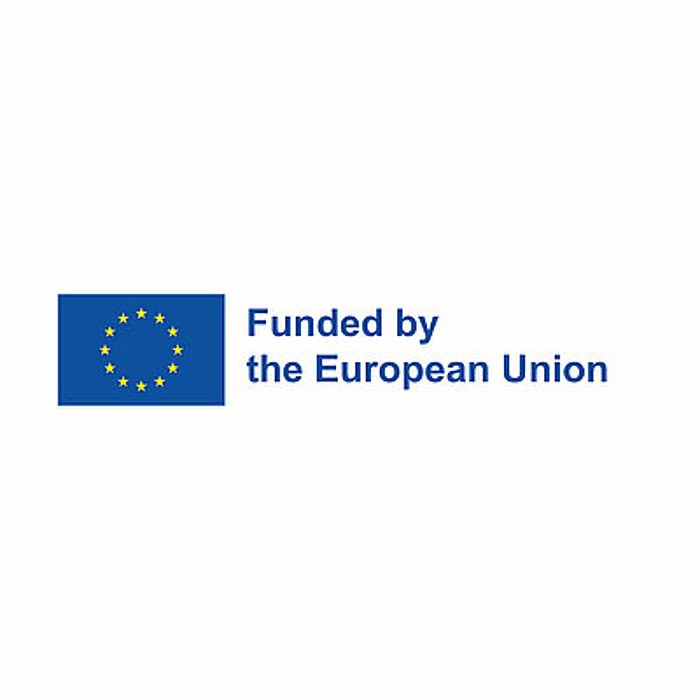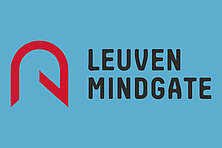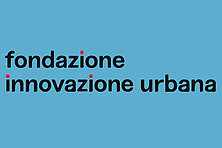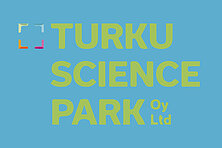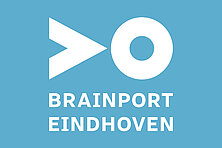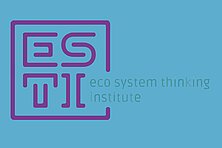1000 Houses per Day Renovation Challenge
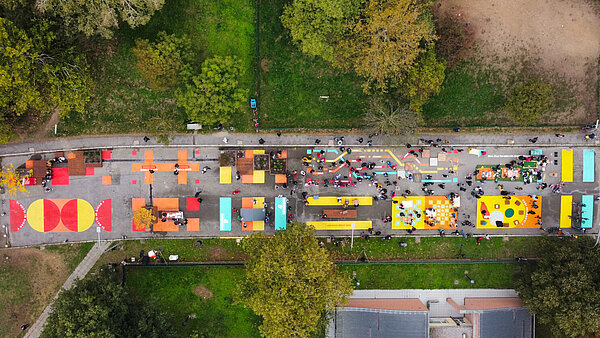

download the Leuven case here!With an average renovation rate of 0,2% in Europe it would take far beyond 2050 to update all relevant homes and buildings.
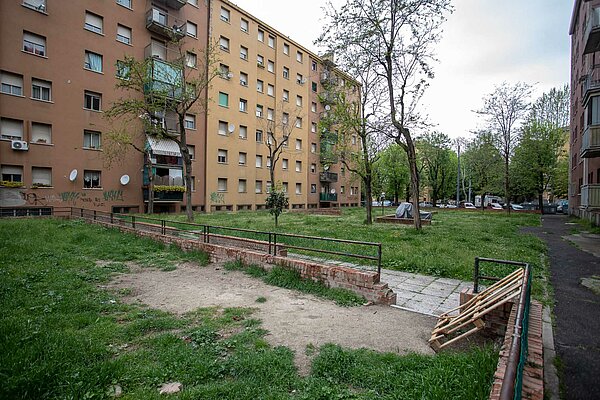
Background of the Challenge
Renovating homes, both for private and institutional house owners, is plagued by long turnaround times and high costs. The key issues with renovation are as follows:
- Throughput Time: From assessing what needs to be done in each house to planning and executing renovations, the entire process takes a considerable amount of time.
- Costs: Renovating homes is expensive due to various challenges. These include overhead costs per project, the lack of standards and conceptual solutions, uncontrolled processes, high transaction costs, and rising labor costs. The process lacks data-driven efficiency, and existing partial solutions often result in high overall costs and suboptimal outcomes, especially in insulation solutions.
- Short-Term Mindset: Renovation is an investment that reduces monthly energy bills over an extended period. Securing funding and changing the mindset from upfront investment to monthly charges can be challenging.
- Specific Challenges: Each city faces unique challenges. For instance, Bologna's city center comprises of historical and listed buildings with strict aesthetic rules. Leuven has identified 2 specific challenges: 1) Ter Elst, a neighbourhood consisting of 240 houses (listed and protected as immovable heritage), where the city administration has launched a participatory trajectory for the collective renovation of the area; 2) AGSL stadsontwikkeling owns 200 residential entities - which cover a large variety of buildings - and is renovating 100 of them by 2030 under the 'collective renovation program large building owners’.
- Efficient and large-scale house renovation requires an industrialized solution. It should offer conceptually renovated house solutions, balancing integral optimization with partial solutions.
What Solutions Are We Seeking?
We are seeking solutions that:
- Allow house renovations while homes are occupied by tenants or homeowners.
- Minimize disruption and inconvenience for tenants during renovation.
- Leverage standard and conceptual solutions based on a limited set of house typologies, offering cost advantages as volume increases.
- Facilitate the ramp-up and scale-up of renovations from 10 to 1000 houses per day.
- Present engagement models for both private homeowners and institutional property owners.
- Offer mass-customization solutions that allow individualized options, even in series of one, derived from optimized, standardized, and conceptualized sets of choices.
- Provide industrialized approaches for roof and rooftop renovation, including integrated photovoltaics (PV), heat pumps, and cold-warm capture and storage solutions.
- Propose industrialized conceptual approaches for façade or wall insulation.
- Innovate in enhancing a building's energy efficiency without compromising cultural and historical heritage.
- Offer innovative compensation mechanisms, such as contributions to other house or neighborhood solutions.
- Place a high emphasis on biobased solutions that can be scaled up for renovating 1000 houses per day.
- Embrace circular solutions, either in materials sourcing or re-use potential.
- Include insights into the life cycle assessment of their products.
Solutions Not of Interest
While integrally optimized solutions are preferred, we are open to materials or partial solutions that clearly contribute to renovating 1000 houses per day.
Products with a high negative environmental impact or poor life cycle assessment are not of interest.
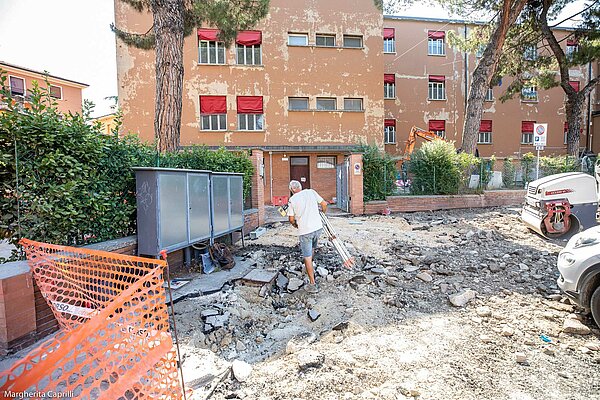
Criteria
1. Total cost of ownership
- Over a 20-year exploitation period after renovation.
- The cost of the solution.
- The total cost of ownership, including maintenance, management costs, installation maintenance, and expected lifespan for installations.
2. Level of innovation
- In materialization and financing.
- Meeting requirement standards as mentioned in the appendix.
- The extent to which the solution upgrades houses to a consumption level of less than 50 kWh of energy per m2 per year.
3. Material Attributes
- The level of biobased materials used.
- The degree of standardization, conceptualization, productization, and potential for industrialization and scalability.
- Circular aspects, including material reuse and the balance between primary and secondary material use.
4. Quality and Innovation
- The level of innovation and data-driven aspects.
- The speed of scaling to reach 1000 houses per day.
- The speed of realization, measured by the number of days needed to upgrade one house.
- A feedback loop for homeowner satisfaction.
- Collaboration with partners in the value chain.
- Engagement models with owners.
Join us in this challenge to revolutionize the renovation of existing homes and create sustainable, energy-efficient, and cost-effective living spaces for our communities. Together, we can accelerate progress towards climate neutrality.
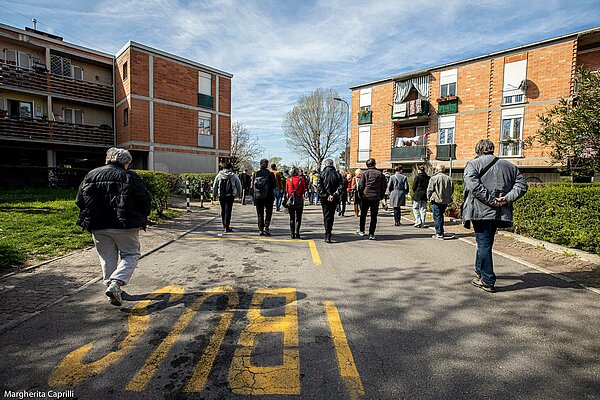
Why participate?
Do you have the knowledge about and solution for the 1000 Houses per Day Renovation Challenge? This is your chance to showcase your solution to the market with an opportunity to scale up your solution in the European market.
An expert jury will judge and rank your solution. The jury will pick a winner from all the proposals received.
Winners and runners up will be given a podium to present their company and solution visible to 100 cities around Europe. The challenge will provide a platform to showcase the solutions.
Participants are connected and positioned in the ecosystem of partners active in the future of mobility.
Also if your solution does not get selected for the finals, the solutions will be given visibility to the 100 climate neutral cities before 2030 platform.
The challenge will help accelerate the adoption and scaling up of your solution.
The challenge will provide insight into the performance of your solution in comparison with competitive solutions.
How to participate?
The link below will direct you to the challenge platform. You need to register on the ESTI portal.
After registration you can upload your proposal via the ESTI challenge portal. In the proposal we ask you to provide a clear and comprehensive description of your solution.
After uploading your proposal and accepting the terms and conditions of the challenge you are an official participant of the challenge.
Your proposal should not contain any confidential information.
Please review all information from this brief.
Register yourself on the ESTI challenge portal
Submit your proposal before 6th of December 2023 at 17.00 hours CET via the ESTI challenge portal.
Join the challenge hereThe European framework
The Cities 4.0 Open innovation Challenges are developed under the European project CITIES 4.0 - Climate Innovation Through Interactive Ecosystem Summit (September 2022 - September 2024) that involves partners of 4 different European cities: Brainport Eindhoven, Ecosystem Thinking Institute (Eindhoven, Netherlands), Turku Science Park (Turku, Finland), Leuven Mindgate (Leuven, Belgium) and Fondazione Innovazione Urbana (Bologna, Italy). Its aim is to create new synergies between innovation ecosystems in order to achieve climate neutrality by 2030, following the guidelines of the EU Mission “100 climate-neutral and smart cities by 2030”.
photo 1 credit: Margherita Caprilli
photo 2 credit: Margherita Caprilli
photo 3 credit: Margherita Caprilli
photo 4 credit: Margherita Caprilli
Are you interested in the latest updates?
Follow us on LinkedIn!